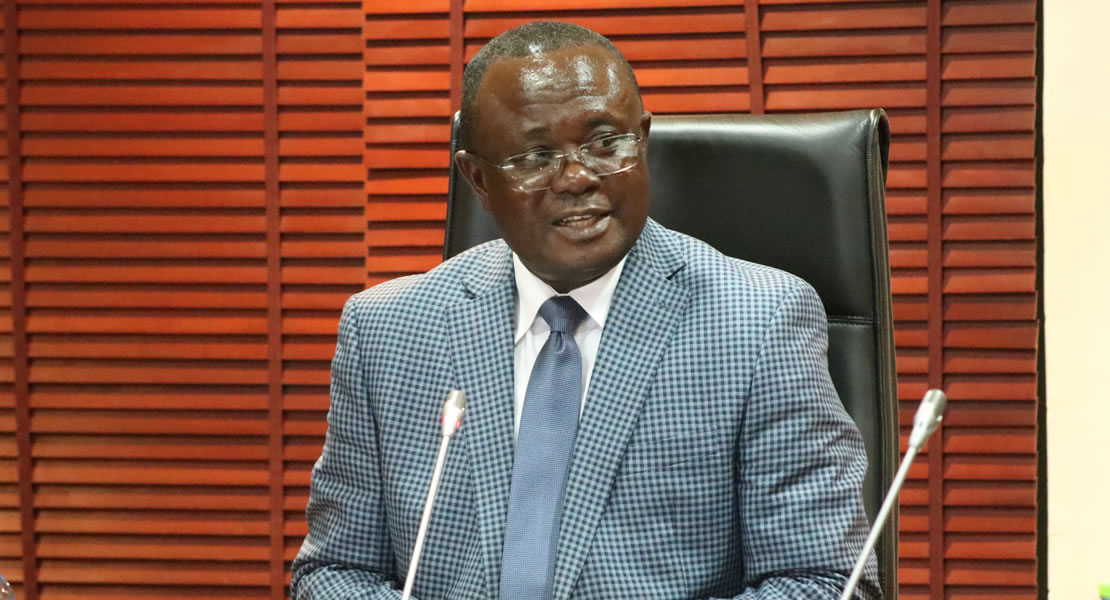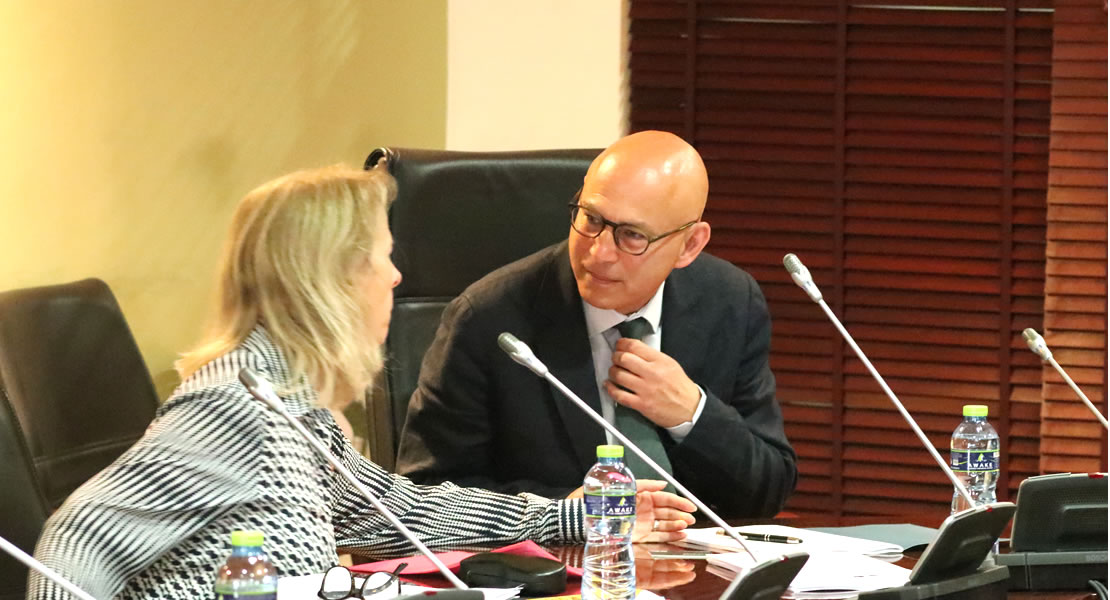
Following efforts to amend existing laws to get capital punishment off the laws of Ghana, First Deputy Speaker of Ghana’s Parliament, Joseph Osei-Owusu has pointed out that Ghana is willing to be part of the international community in this regard by amending its law. According to him Ghana’s Parliament and Ghanaians will be guided in the course of this journey more especially by Ghana’s culture and history; saying “we will listen to the voice of our people as we go out on this matter”.
Mr. Osei-Owusu pointed out that in the second Parliament of the fourth Republic, he recall the Constitutional Legal and Parliamentary Affairs Committee when a group came and they met with the Committee and they had a long discussion about amending the law but no action was taken on the discussion.
 He was frank to point out that he has not seen the bill on the amendment on capital punishment, but has taken note that it was gazette three weeks ago, and he would take time to look at it. The First Deputy Speaker made this remarks on Tuesday, July 19, 2022 when a United Kingdom (UK) based organisation – Death Penalty Project led by its Executive Director Saul Lehrfreund with his team called on the Rt. Hon Alban Kingsford Bagbin, who is out of the country and was received by his Deputy Joseph Osei-Owusu.
He was frank to point out that he has not seen the bill on the amendment on capital punishment, but has taken note that it was gazette three weeks ago, and he would take time to look at it. The First Deputy Speaker made this remarks on Tuesday, July 19, 2022 when a United Kingdom (UK) based organisation – Death Penalty Project led by its Executive Director Saul Lehrfreund with his team called on the Rt. Hon Alban Kingsford Bagbin, who is out of the country and was received by his Deputy Joseph Osei-Owusu.
Welcoming the delegation, the First Deputy Speaker noted that capital punishment has been part of Ghana’s laws since the 1960s and recounted that there has been some few changes, and as a student under the Provisional National Defence Council (PNDC) there was an amendment. “The law states that you should be sentenced to death by hanging; an amendment came that the judges should just leave it for government to determine how they would carry that out. In that particular instance there was a gentleman who had angered the whole country when he murdered his girlfriend, a medical student in the 1980s”.
Again, the anger in the country then was high when he was convicted, the hanging had been stopped. He noted that from 1965 no more handing had been carried out, so when people are sentenced to death they were allowed to stay in prison for a while and committed to life sentence over a period about thirty to thirty-five years. And you would be there and nobody would recognize you, “but on that particular incident the anger of the country was so high that the gentleman who murdered the girlfriend was taken out of prison and shot”, he recounted.
Kwaku Sakyi-Danso/Ghanamps.com